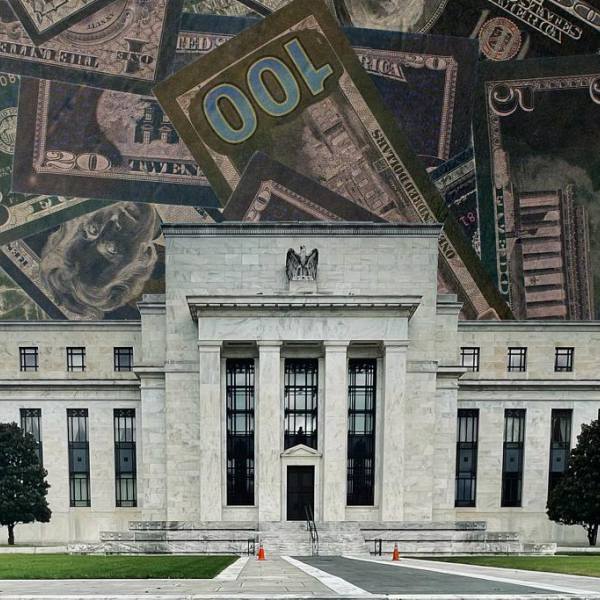FSA Japan to ban insider crypto trading in 2026
Japan’s FSA is preparing to introduce amendments to prevent insider trading in crypto markets. Violators could face increased fines and criminal charges.
- Japan’s financial regulators plan to introduce new rules to ban insider trading in the crypto market, granting the Securities and Exchange Surveillance Commission authority to investigate and penalize violations.
- The move will place cryptocurrencies on the same regulatory footing as traditional assets like stocks and bonds, aiming to establish fairer trading conditions.
According to a report from Nikkei, Japan’s financial regulators at the FSA will introduce a series of law amendments that would further crack down on insider trading in crypto markets. The legal amendments are scheduled to be submitted to parliament some time within next year.
Under the new regulations , the Securities and Exchange Surveillance Commission will be granted authority to probe projects over suspected violations and may issue surcharge recommendations or criminal referrals if any misgivings are discovered. Such cases that warrant investigating are major trades carried out based on insider information that has not been made public yet.
Previously, Japan already had a established insider trading rules in place under the Financial Instruments and Exchange Act. However, these rules only apply to stocks, bonds and other traditional assets. Meanwhile, cryptocurrencies fall under the Payment Services Act , as they were expected to be used mainly for payments instead of trading.
So far, Japan has mostly relied on crypto exchanges and the Japan Virtual and Crypto Assets Exchange Association to monitor the market and prevent any suspicious transactions. However, many have noted that the systems in place to monitor transactions is not enough to safeguard the crypto market.
With the SESC taking on a supervisory role regarding the crypto market, trading conditions are expected to become fairer; strengthening the attractiveness of cryptocurrency as a more formalized investment asset class.
What do the new FSA rules entail?
The new amendments would revise the Financial Instruments and Exchange Act to include a ban on insider trading based on undisclosed information in the crypto market. Under the bill, the FSA would be able to issue detailed guidelines that list down what sort of conduct is subject to regulations.
This means that cryptocurrencies will be placed on the same level as traditional investment assets such as stocks and bonds. However, regulators would have to differentiate between insider trading in crypto and in other asset classes.
The nature of crypto trading can often make it more difficult to identify insider trading, due to the lack of identifiable issuers on some projects. Therefore, outlining what constitutes as insider trading may require more clarity. Not only that, Japan has far less experience dealing with insider trading in crypto compared to stocks and other financial products.
Meanwhile, there has been a significant rise in crypto trading in Japan. As of August 2025, there were around 7.88 million active cryptocurrency accounts, marking a four-fold increase compared to just five years ago. As more people gravitate towards cryptocurrency as an investment asset, regulators have opted to shift regulations by placing crypto under the FIEA instead of the Payment Services Act.
Not only that, Japan’s FSA has also considered reclassifying crypto assets as financial products under Financial Instruments and Exchange Act. This would serve to limit the capital gains tax on crypto to a maximum of 20%, compared to the current tax arrangement which could see rates rising up to 55%.
This possible regulatory change aligns with Japan’s broader push to improve the classification and oversight of digital assets. In the past, the FSA has also proposed a draft framework that would divide cryptocurrencies into two groups according to their function and level of decentralization.
Disclaimer: The content of this article solely reflects the author's opinion and does not represent the platform in any capacity. This article is not intended to serve as a reference for making investment decisions.
You may also like
Interop roadmap "accelerates": After the Fusaka upgrade, Ethereum interoperability may reach a key milestone
a16z "Big Ideas for 2026: Part Two"
Software has eaten the world. Now, it will drive the world forward.

When the Federal Reserve "cuts interest rates alone" while other central banks even start raising rates, the depreciation of the US dollar will become the focus in 2026.
The Federal Reserve has cut interest rates by 25 basis points as expected. The market generally anticipates that the Fed will maintain an accommodative policy next year. Meanwhile, central banks in Europe, Canada, Japan, Australia, and New Zealand mostly continue to maintain a tightening stance.

From MEV-Boost to BuilderNet: Can True MEV Fair Distribution Be Achieved?
In MEV-Boost auctions, the key to winning the competition lies not in having the most powerful algorithms, but in controlling the most valuable order flow. BuilderNet enables different participants to share order flow, reshaping the MEV ecosystem.

